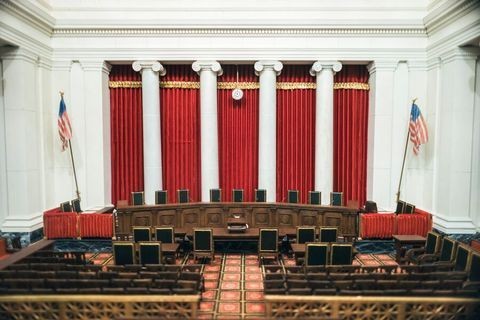Artificial Intelligence in Employment Update: Illinois Requires Notice and Prohibits Discriminatory Impact in Use of AI
Client Alert | 2 min read | 09.23.24
Effective January 1, 2026, H.B. 3773 amends Article 5, Section 2 of the Illinois Human Rights Act to explicitly prohibit employers from using artificial intelligence (“AI”) for a broad swath of employment decisions, including recruitment, hiring, promotion, renewal of employment, selection for training or apprenticeship, discharge, discipline, tenure, or the terms, privileges, or conditions of employment, if such use has the effect of subjecting employees to discrimination on the basis of a protected class. The amendment also prohibits employers from using zip code as a proxy for protected classes. H.B. 3773 further provides that employers will be required to provide notice to employees prior to using AI for such employment-related purposes. The law applies to any employers employing one or more employees within Illinois during 20 or more calendar weeks during the calendar year.
H.B. 3773 does not provide a specific enforcement scheme. However, under existing law, individuals may seek to enforce violations of the Illinois Human Rights Act by filing a charge with the Human Rights Commission or through a private right of action, via a civil complaint filed in Illinois Circuit Court. The amendment expressly grants authority to the Illinois Department of Human Rights to adopt rules necessary for the implementation and enforcement of the law. Some of the key issues these rules might be expected to cover include the requirements for providing notice and whether Illinois will adopt a definition of discrimination specific to the context of algorithmic discrimination. As written, H.B. 3773 provides a blanket ban on using AI tools that subject individuals to discrimination based on the protected classes identified in the Illinois Human Rights Act.
Illinois has been an early mover on legislation targeting the use of AI in employment. Its Artificial Intelligence Video Interview Act, which became effective in January 2020, already requires employers using AI to analyze video interviews to provide both notice and an explanation regarding the use of such AI and to obtain consent from applicants prior to use. Now, with the enactment of H.B. 3773, Illinois becomes only the second state, along with Colorado, to address algorithmic discrimination in employment decisions. Another proposed bill in the Illinois legislature, H.B. 5116, would require deployers of automated decision tools to perform an impact assessment and maintain a governance program with safeguards to manage the reasonably foreseeable risks of algorithmic discrimination.
Other states are also continuing to push forward on legislation regulating AI in employment decisions, but with mixed results thus far. California’s legislature failed to pass AB-2930, which would have required developers and deployers of AI tools to mitigate risks of algorithmic discrimination in consequential employment decisions, and would otherwise prohibit the use of automated decision tools where such risks have not been mitigated.
Crowell attorneys are continuing to monitor these developments closely and are happy to answer any questions regarding compliance and best practices for the use of AI in employment.
Contacts
Insights
Client Alert | 6 min read | 02.27.26
The U.S. Supreme Court’s February 20, 2026, opinion in Learning Resources. v. Trump (decided with Trump v. V.O.S. Selections), holding that the President lacks authority to impose tariffs under the International Emergency Economic Powers Act (IEEPA), is notable for many reasons — including its practical impact on the many U.S. companies who paid steep tariffs on global imports and may now be able to recover by filing suit before the Court of International Trade (CIT). That possibility and the key reasons for the High Court’s decision are discussed in our recent alert on this momentous decision.
Client Alert | 4 min read | 02.27.26
New Jersey Expands FLA Protections Effective July 2026: What Employers Need to Know
Client Alert | 3 min read | 02.26.26
Client Alert | 4 min read | 02.26.26






